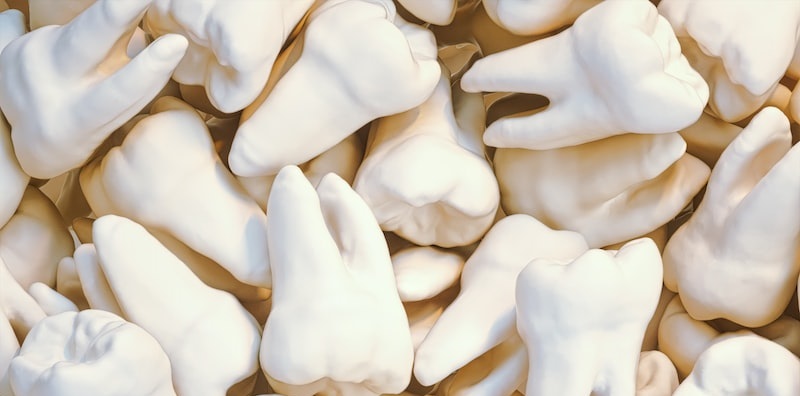Writing for Taxation magazine’s Readers’ Forum, BKL tax director Helena Kanczula responds to a reader’s query about capital gains tax holdover relief on the transfer of a dentist’s surgery property to a new company.
‘I have a dentist client operating as a limited company. The surgery where the practice is located is owned by the directors personally. They charge the company a market rent. They now wish to transfer the freehold to a new limited company (owned by the same directors). My question is whether the resultant capital gain can be held over, or will it be immediately chargeable?’ Query 20,023 – Dentist.
Helena Kanczula’s reply: holdover relief under s 165 may apply.
‘Dentist does not say if the property is to be disposed of for consideration or gifted. It is assumed that the directors acquired their respective interests in the property at the same time, each director holds at least 5% of the shares in the trading company and the property is not also rented to third parties.
The basic position is that the transfer will be deemed to be at market value under TCGA 1992, s 17 or s 18.
Incorporation relief under s 162 is unlikely to apply if shares are issued in consideration. The degree of activity conducted in relation to the property income is unlikely to be sufficient for this to be considered a business (Ramsay v CRC [2013] STC 1764).
The transfer could qualify for holdover relief under s 165 if the property is gifted or transferred at undervalue. Gift relief applies to the disposal of an asset used in the trade of an owner’s personal company (defined at s 165(8)) as a company in which the owner has 5% of the voting rights.
If an asset is disposed of for no more than cost, the full gain may be held over by a donor if both the donor and the company make a claim. The donor’s market value gain is then transferred to the company as the relief is rolled into the company’s base cost of the asset. This assumes that restrictions are not applied for non-trade usage.
If the company agrees to pay more than cost, there will be a gain and there may be scope to plan around the use of directors’ annual exempt amounts and any unused capital losses.
A market value rent having been charged should not affect a donor’s opportunity to make a s 165 claim, nor should a transferee not trading.
Dentist should review the directors’ intentions; a transfer at undervalue may ultimately be an expensive option, although in the medium-term payments made by the company to the directors for the property should not be taxable except to the extent interest is charged on any loan arrangements with them.
Dentist could check-up on the implications of the property company forming a group with the existing trading company (there may be scope to claim business asset disposal relief on a future sale of shares in the group).
An alternative is for the directors to claim roll-over relief under s 152 provided new replacement assets are acquired. Archived HMRC manuals outline that the old and new assets must be used for the activities of the same personal company (5% of voting rights).
A roll-over relief claim may also be possible on a future sale by the property company if it is grouped with the trading company and qualifying replacement assets are acquired. A joint gift relief claim under s 165 can be made within four years from the end of the tax year in which the gain arose.
Other aspects of the property transfer must be examined, including SDLT, inheritance tax and capital allowances.
Returning to the query, s 165 appears to offer some scope to restrict gains which arise on the initial transfer. Dentist should compare the forecast company numbers with the forecasts for the status quo.’
This query and its replies were first published in Taxation Issue 4862 and are available here on the Taxation website.
Our tax team have expertise in property taxes and business taxes, including exemptions and tax reliefs. For more information, please get in touch with your usual BKL contact or use our enquiry form.







